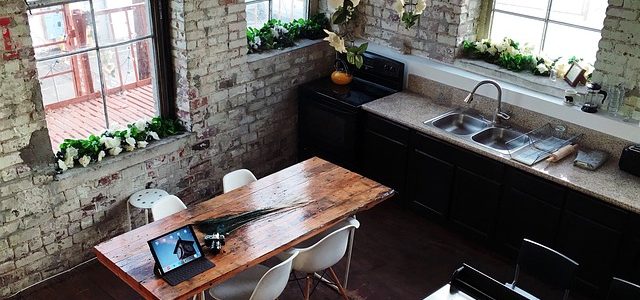Fire accidents can have catastrophic consequences, resulting in property damage, injuries, and even loss of lives. Therefore, prioritizing fire safety is of utmost importance. One crucial aspect of fire safety is the installation of an effective fire alarm system. In this article, we will explore the significance of fire alarms and discuss the installation process. Whether you are a homeowner, business owner, or reside in Middlesbrough, understanding fire alarms and their installation is critical for ensuring the safety and well-being of everyone.
Why Fire Alarms are Essential
Early Detection and Alert
Fire alarms Middlesbrough play a pivotal role in detecting and alerting occupants of potential fire incidents. These devices can identify smoke, heat, or flames much faster than humans can. By raising an alarm, they provide precious seconds or minutes that allow individuals to evacuate the premises, contact emergency services, and minimize the scope of the fire.
Protection of Lives and Property
A functioning fire alarm system can mean the difference between life and death in the event of a fire. The early warning provided by fire alarms gives people time to escape safely. Moreover, it can also reduce property damage by allowing fire suppression systems to activate promptly, such as sprinklers or fire extinguishers.
Regulatory Compliance
Fire alarms are not just a safety necessity but also a legal requirement. In Middlesbrough, fire alarms are mandatory in all commercial buildings, including offices, warehouses, and retail spaces. It is essential to comply with local regulations to avoid penalties and ensure the well-being of employees, customers, and visitors.
Fire Alarm Installation Process
Installing a fire alarm system involves several crucial steps that must be followed for optimal performance. Below, we outline the typical process:
Step 1: Conduct a Fire Risk Assessment
Before the installation, a fire risk assessment should be carried out. This examination identifies potential fire hazards, assesses the level of risk, and determines the most suitable type and placement of fire alarms for the specific premises. Consultation with a fire safety professional is highly recommended to ensure compliance with regulations and the integration of the best alarm solutions.
Step 2: Choose the Type of Fire Alarm System
There are various types of fire alarm systems available, depending on the size and complexity of the building. The most common options include:
- Conventional Fire Alarms: Suitable for smaller buildings, these systems divide the premises into zones and indicate the general area where an alarm is triggered.
- Addressable Fire Alarms: Ideal for larger buildings, these systems can precisely identify the exact location of a triggered device, facilitating faster response from authorities.
- Wireless Fire Alarms: These systems offer flexibility, making them suitable for buildings where wiring installation is challenging.
Step 3: Determine Suitable Alarm Placements
Proper placement of fire alarm devices is crucial to ensure comprehensive coverage. Alarms should be strategically installed in every room, corridor, and staircase. It is also essential to place detectors near areas where fires are most likely to start, such as kitchens, boiler rooms, and storage areas.
Step 4: Installation and Regular Maintenance
Fire alarm systems should be installed by qualified professionals who possess the necessary expertise and adhere to the local regulations. Routine maintenance, including testing, inspecting, and cleaning, is vital to ensure the system is in optimal working condition. Engaging a professional maintenance service provider is highly recommended.
The safety and well-being of individuals and property should never be compromised, and fire alarms play a vital role in achieving this goal. In Middlesbrough, fire alarms are essential for regulatory compliance and establishing a safe environment. By carefully considering the types of fire alarm systems and following the proper installation process, one can minimize fire-related risks, enhance early warning capabilities, and ultimately save lives. Remember, regular maintenance and inspections are crucial to keep your fire alarm system functioning optimally. Ensure the safety of your premises and the peace of mind of its occupants by prioritizing the installation and maintenance of a reliable fire alarm system.






